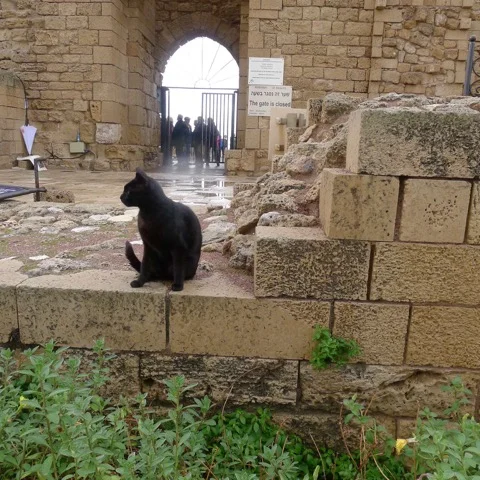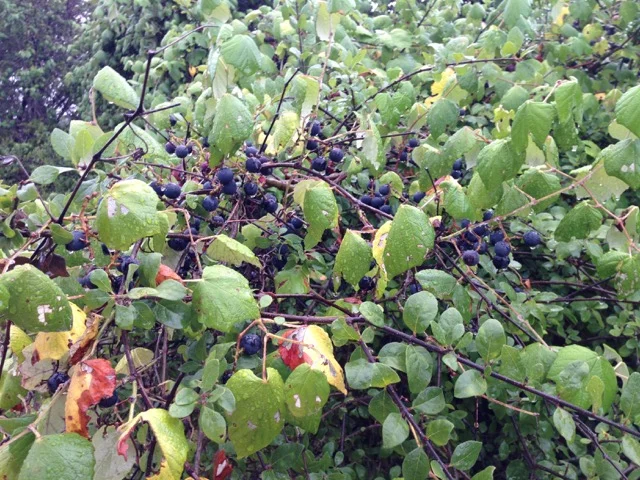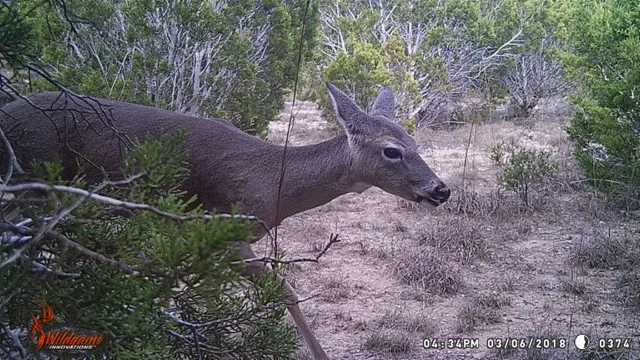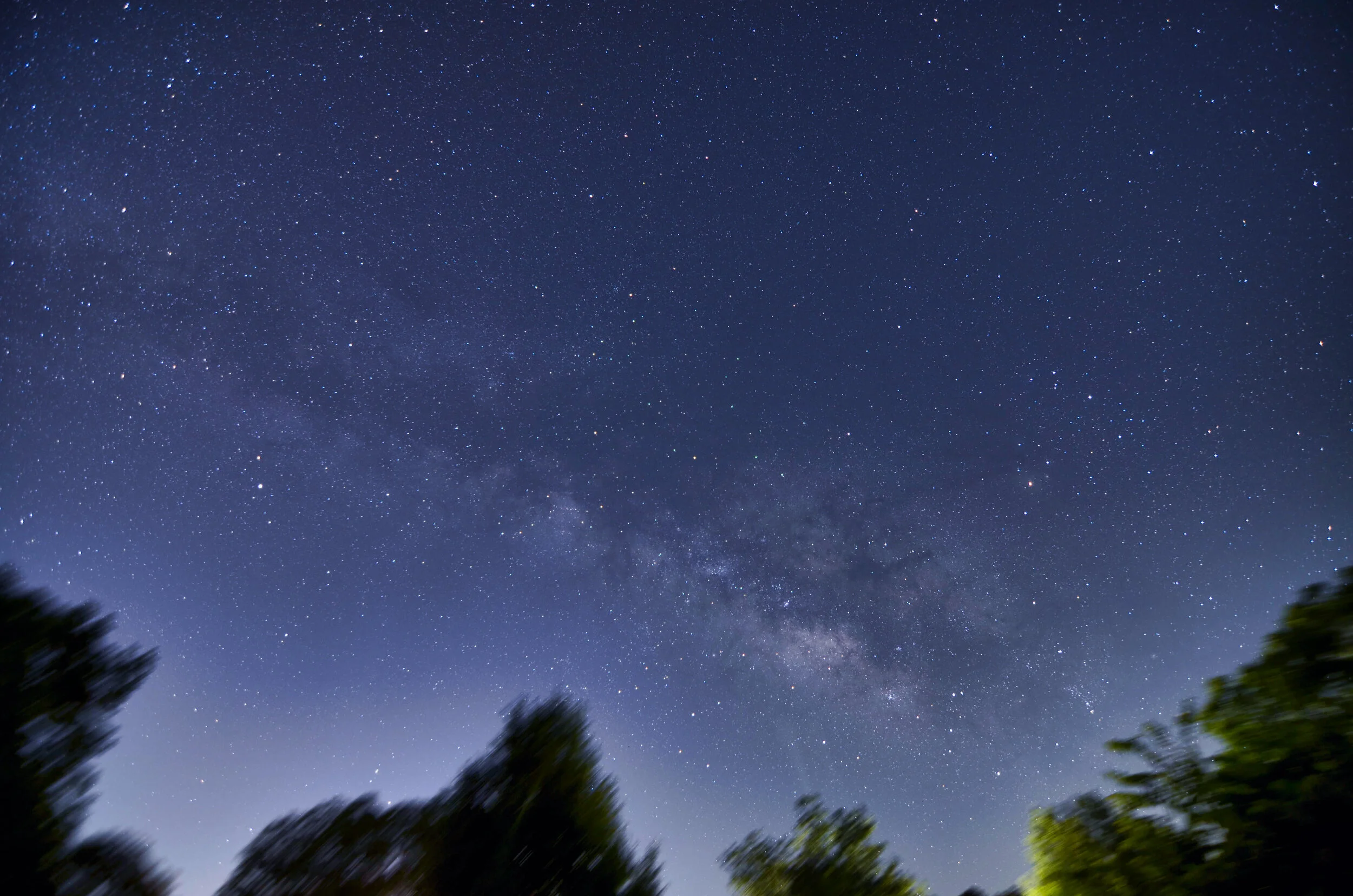Parables and the Wildness of God (Rev. Carmen Retzlaff)
Some of Jesus’ parables, including some of the readings from Matthew 13 in the Revised Common Lectionary for July 2017, juxtapose wildness and domestication. They raise the question about what is wild and what is tame, what is necessary and what is destructive, what is life-giving and what is harmful.
Photos of wildness and domestication from the Holy Land taken by Reverend Retzlaff.
I am in the process of training to be a Texas Master Naturalist. Master Naturalists are volunteers who are trained to work with local Agricultural Extension Offices and State Parks & Wildlife offices to help with nature education in their local areas, and also to help staff conservation work and help with data collection and monitoring. Our most recent lecture was on invasive species. A teacher from the Ladybird Johnson Wildflower Center told us that an invasive species is 1) not native to the region in which it is growing, and 2) causes harm to people and/or the environment.
And that seems to fit into what Jesus is talking about here—the wildness of the world. Invasive species are all native to somewhere—just not to the place they are invading. For instance, in England, the house sparrow is not a problem, but when it was brought to New York in the1800s, it quickly took over the homes and habitats of local species, and still threatens our purple martins and bluebirds here today. Zebra mussels have plenty of predators in their native Ukraine and southern Russia, but in other lakes here and around the world are taking a huge economic toll by clogging water intake systems.
And then, some non-natives are not aggressive and won’t ultimately be harmful. (Non-native but not harmful?) Some native species are aggressive and will take over if we alter the environment to give them a chance - like juniper in western grazing lands. It’s complicated.
In the parables, it’s complicated. In the parable of the wheat and weeds in Matthew 13:24-30, someone sowed good seed in his field, but in the night someone else, with evil intentions, sowed weeds among the wheat. “What do we do now?” the servants ask, “gather it?” “No,” the owner says, “if you do that, you’ll pull up the wheat with the weeds.” Let it grow, and we’ll separate it at the harvest, and burn the weeds. Jesus explains the parable to his disciples a few verses later, saying the angels will harvest at the end of the age, the children of God and children of the evil one, and they will burn the causes of evil and the evil doers in the fire. It sounds harsh—hellfire and brimstone—but less so if you think of how we approach invasive species. We pull them up by the roots, burn the stumps or the seeds, to keep them from spreading.
And it’s not always clear. Some species we have already given up on eradicating - like wild hogs in Texas and other states. They are here. Now we can just control them, try to find a balance. It’s complicated. God says, “Let them grow, and we’ll sort it out later.” You can’t always tell the good plants from the bad.
And then…you get the parable of the mustard seed (Matthew 13:31-32) and the parable of the yeast (Matthew 13:33). In which some one (a good person or a bad person? - it is not clear!) introduces the wild element willingly. On purpose! Some one plants a mustard seed- a weed in the Middle East—in a field. And it becomes the tallest of all the shrubs, and a home for birds who nest in its branches. Some one introduces wild yeast into the bread, and it expands and grows. Yeast in the ancient Near East was a synonym for filth, contamination. What kind of sower plants weeds? What kind of baker adds questionable fungus?
It is wildness. It is the uncontrollable element. It is organic. The earth grows and changes, and we are part of that change. We are part of creation. Sometimes we transport or transplant the invasive species; sometimes we ourselves are the invasives. How will we know? How will we know good from evil, how will we sort it all out? It will grow, the good and the bad together, in good time. And in the end, we trust, we’ll pull it apart, take and use the good, discard and contain the bad.
Read in light of wildness and domestication—of biology and the interplay of species—this is also about the natural processes of death—and rebirth. It is about hope: even when we see frightening change, the field overrun by weeds, or a place overrun by evil, we have hope. That from the destruction will come a rich compost, a new wild yeast, a hardy and determined weed.
After several more short parables, Jesus asks his disciples in Matthew 13:51, near the end of the chapter, “Have you understood all of this?” And they answer, “Yes.” Which surely must be the punchline after a long set of riddle-parables. I want to jump in to the conversation, and say to them, “You did? You understood all of that?” And turn to Jesus, God walking around on earth, embodying the wild unpredictability of creation itself, and say, “No! No, I don’t understand. But I believe in the regenerative power of creation: I believe that there are systems going on that I can’t understand, on timelines so long I cannot imagine. I am choosing to trust the wildness.
Matthew 13:24-30
He put before them another parable: "The kingdom of heaven may be compared to someone who sowed good seed in his field; but while everybody was asleep, an enemy came and sowed weeds among the wheat, and then went away. So when the plants came up and bore grain, then the weeds appeared as well. And the slaves of the householder came and said to him, 'Master, did you not sow good seed in your field? Where, then, did these weeds come from?’ He answered, 'An enemy has done this.' The slaves said to him, 'Then do you want us to go and gather them?’ But he replied, 'No; for in gathering the weeds you would uproot the wheat along with them. Let both of them grow together until the harvest; and at harvest time I will tell the reapers, Collect the weeds first and bind them in bundles to be burned, but gather the wheat into my barn.'"
Matthew 13:31-33
13:31 He put before them another parable: "The kingdom of heaven is like a mustard seed that someone took and sowed in his field;
13:32 it is the smallest of all the seeds, but when it has grown it is the greatest of shrubs and becomes a tree, so that the birds of the air come and make nests in its branches."
13:33 He told them another parable: "The kingdom of heaven is like yeast that a woman took and mixed in with three measures of flour until all of it was leavened.”
13:51 "Have you understood all this?" They answered, "Yes."
###
Carmen Retzlaff is pastor of Texas' only outdoor hill country church, New Life Lutheran Church, in Dripping Springs. You must visit this place! See more of Carmen's writings on AllCreation here.








